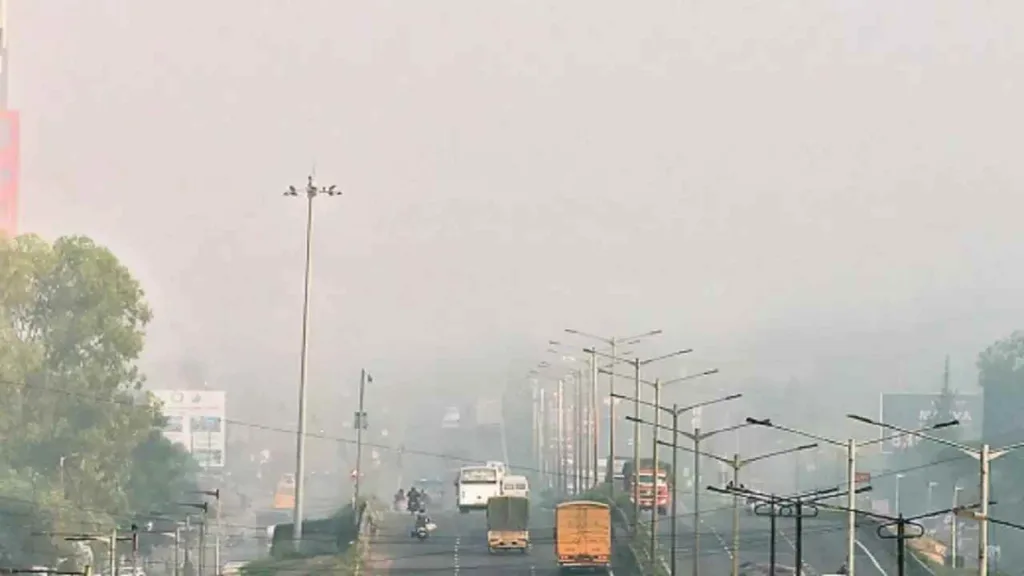Air Pollution Claims 33,000 Lives Annually Across 10 Major Indian Cities

Air Pollution Claims 33,000 Lives Annually Across 10 Major Indian Cities
A study published in Lancet Planetary Health reveals that air pollution in ten major Indian cities claims 33,000 lives annually. Despite India’s air quality standards exceeding international levels, cities like Delhi, Mumbai, and Kolkata suffer significantly, with Delhi alone recording 12,000 deaths yearly due to air pollution-related diseases. The findings highlight the urgent need for stricter air quality regulations and enhanced pollution control measures nationwide.
A recent study published in Lancet Planetary Health has unveiled alarming statistics regarding the deadly toll of air pollution in India, particularly in its urban centers. The research conducted between 2008 and 2019 focused on ten cities – Ahmedabad, Bangalore, Chennai, Delhi, Hyderabad, Kolkata, Mumbai, Pune, Shimla, and Varanasi – revealing a grim reality of 33,000 annual deaths attributed to air pollution.
According to the report, even though India’s current standards for clean air surpass international benchmarks, rampant pollution levels in many cities far exceed these norms, leading to widespread health hazards. The study found that exposure to air pollution levels below the existing Indian Air Quality Standards still contributes significantly to the daily mortality rate across the country.
Delhi emerges as the epicenter of this crisis, witnessing a staggering 12,000 deaths annually due to diseases exacerbated by poor air quality. This figure represents 11.5% of the nation’s total mortality rate. Mumbai, Bangalore, Kolkata, and Chennai also reported substantial casualties linked to air pollution, reflecting the severity of the issue nationwide.
Varanasi follows Delhi in the severity of impact, with 830 deaths annually attributed to air pollution, accounting for 10.2% of total deaths in the city. In Chennai, approximately 2,100 deaths occur yearly, while Kolkata and Mumbai report around 4,700 and 5,100 deaths respectively due to similar reasons.
Even in Shimla, known for its relatively cleaner air compared to other cities, the study identified 59 deaths annually attributable to air pollution, making up 3.7% of total deaths in the city.
Researchers from Sustainable Futures Collaborative, Ashoka University, Center for Chronic Disease Control, Karolinska Institute of Sweden, Harvard, and Boston University collaborated on the study, underscoring the global concern over India’s air quality crisis. The findings emphasize the urgent need for stricter national air quality standards and intensified efforts to combat air pollution across the country.
As India grapples with this public health emergency, the study serves as a stark reminder of the imperative to prioritize and implement effective measures to safeguard public health against the perils of air pollution.










